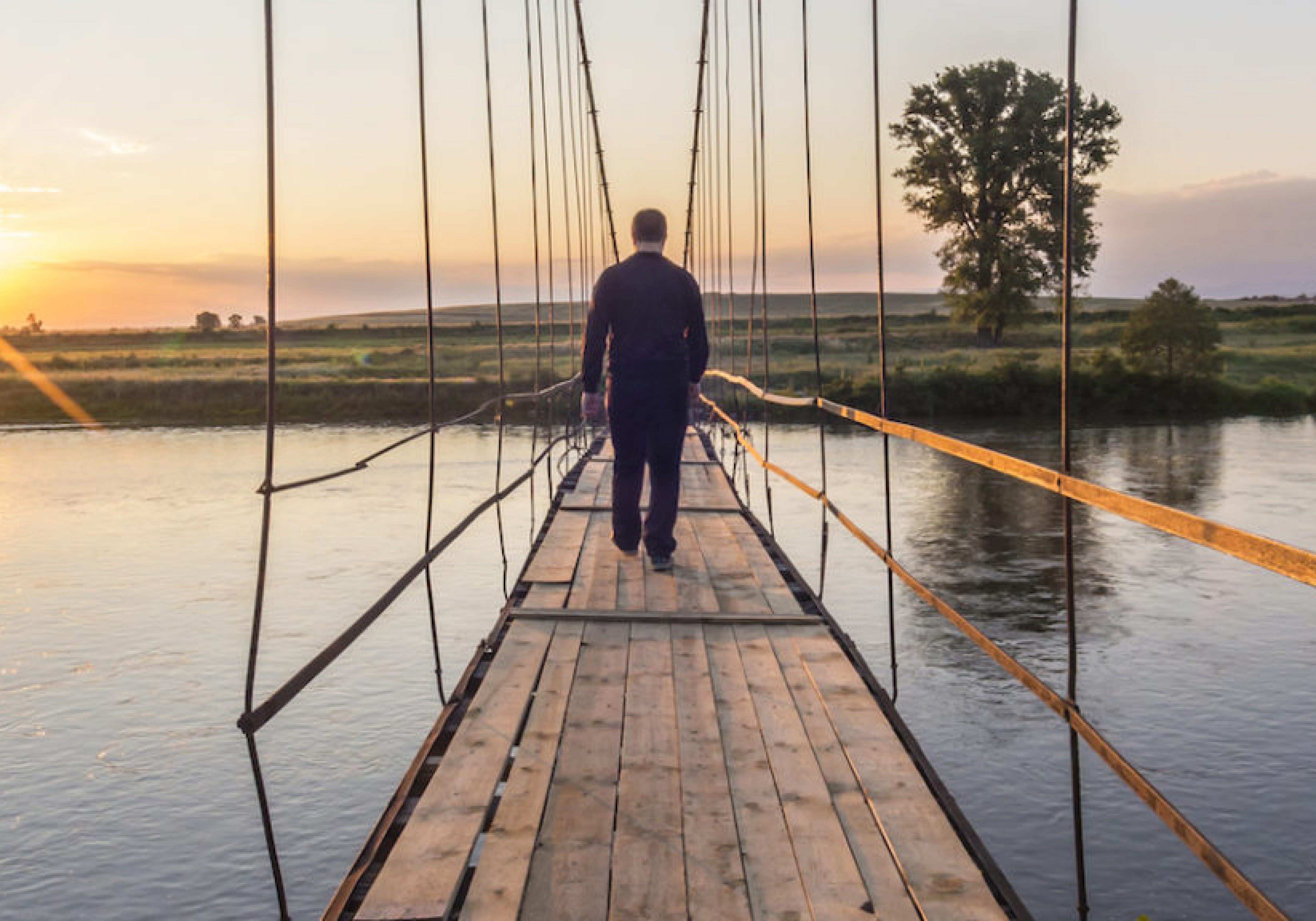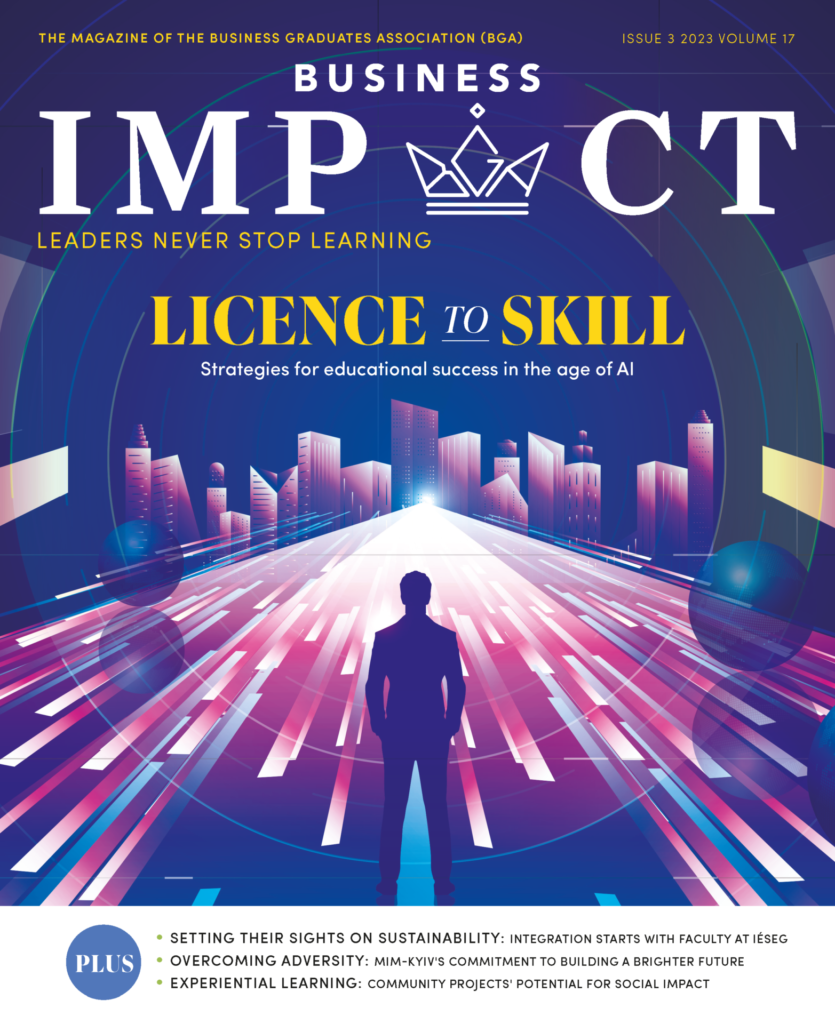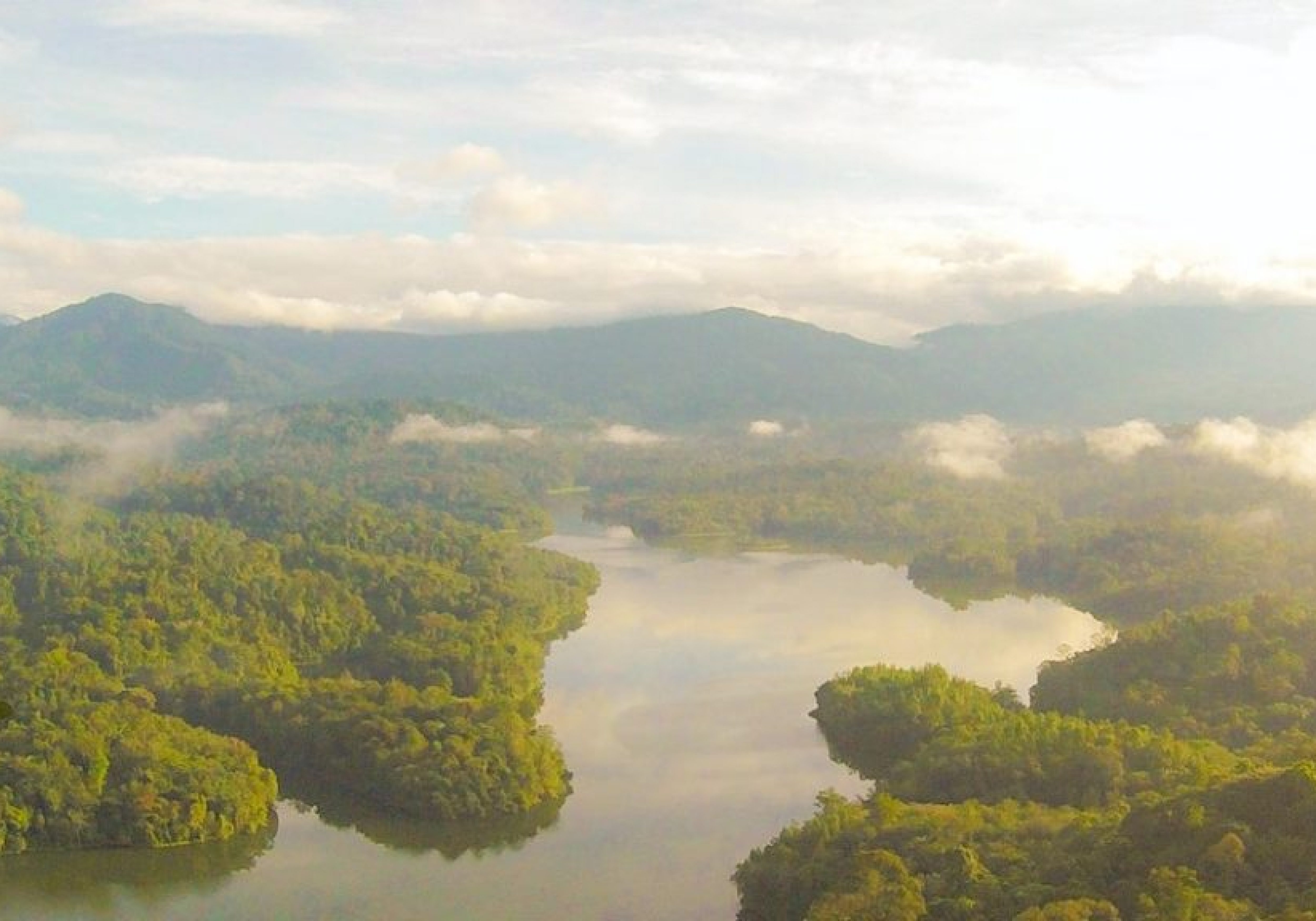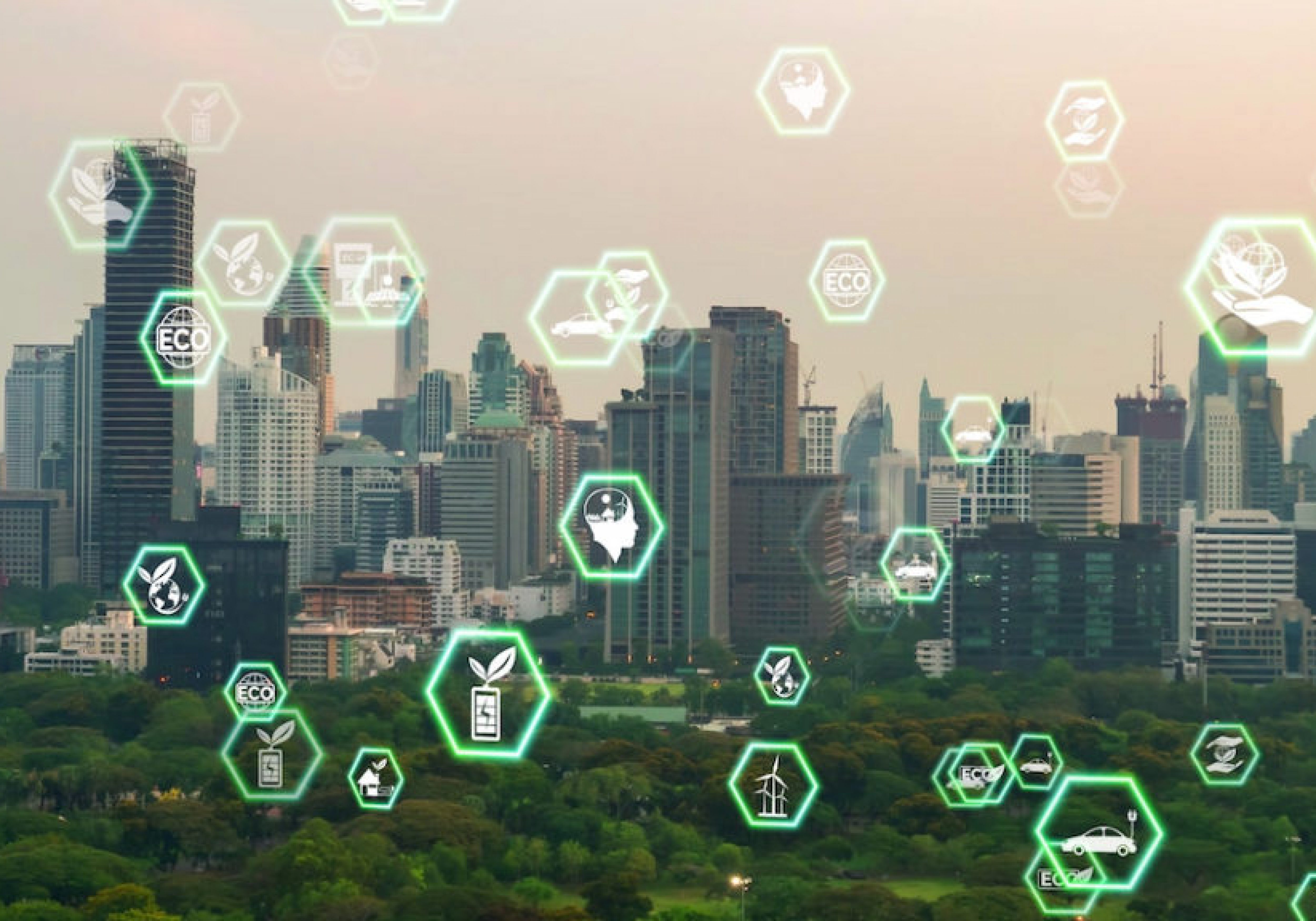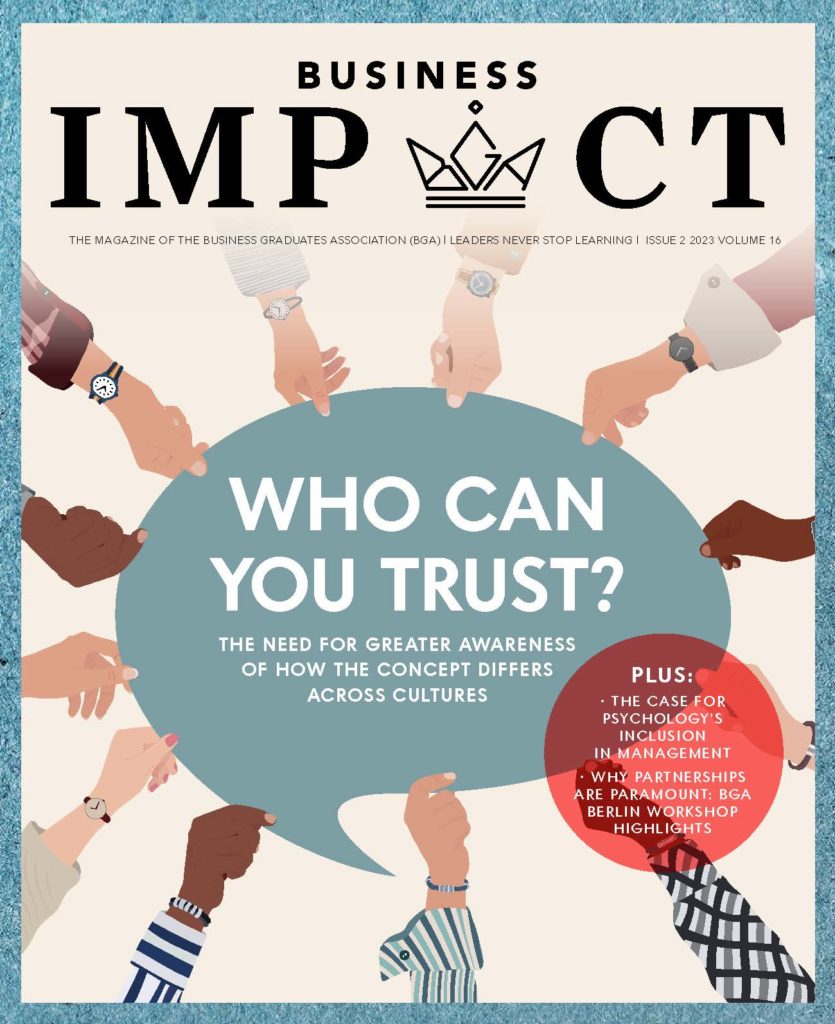How the energy transition stands to benefit business


When we consider the scale of the climate emergency and energy transition, it’s easy to feel overwhelmed, but getting caught up in existential panic will do very little to solve the problem. Instead, we need to focus on transcending these challenges.
Focusing on the positives is a very simple starting point, because for all the legitimate concerns, there are also reasons to be hopeful about the progress being made.
Business is a key part of this. The energy transition will impact many business sectors (and, indeed, all aspects of human life) and where businesses are disrupted, there will be incentive to find the solutions.
Here, therefore, are four reasons why we can be positive about business and the energy transition.
Business is enabling the transition to “pick up speed”
The International Energy Agency (IEA) works across everything to do with the energy transition and its chief energy economist, Tim Gould, recently said that business is enabling it to “pick up speed”.
Gould cited the electric vehicle industry as an example of this on GlobalData’s Thematic Intelligence podcast last month. He highlighted how the number of electric car sales has risen from one in 25 of all sales in 2020 to one in five today. By 2030, half of all car sales are expected to be electric.
“There are a number of examples of quite significant shifts in mature, clean technologies,” he said. “But I think the other important thing that we’re seeing now is that some of the elements that were moving slowly are now starting to pick up speed. We are seeing more dynamism.”
COP fossil fuel pledge will oblige business to act
Yes, the 2023 United Nations Climate Change Conference (COP28) was messy. It was held in the UAE – a nation which intends to ramp up oil production – and the talks were led by Sultan Al Jaber, the CEO of its state oil company. Unsurprisingly, a number of rows erupted during the summit, from the BBC investigation which suggested the UAE was intending to use COP to negotiate oil and gas deals to the controversy over a draft resolution to merely “reduce” fossil fuel production and consumption.
Yet, the final agreement for 197 countries to “contribute to… transitioning away from fossil fuels in energy systems, in a just, orderly and equitable manner” was historic in its ambition. It was the first explicit call to leave fossil fuels behind. While not legally binding, it is still a major outcome to build on.
From a business perspective, what it has done is create a clear expectation of organisations – not just governments – around the world to fulfil their duty for the climate. It will reflect poorly on those which fail to “transition away” from fossil fuels and the markets will punish them.
Cold business logic behind supporting the transition
Supporting the energy transition is not just the right thing to do from an environmental and ethical perspective, there is also cold business logic behind it. As per Bloomberg estimates, a record $495 billion was invested in renewables globally in 2022. Meanwhile, it recently emerged via a Carbon Brief analysis that UK electricity generated by fossil fuels fell 22 per cent last year to the lowest annual level since 1957.
Put simply, the shift to renewable energy is the way the wind is blowing and it follows that businesses will respond to these shifts. One example is the launch of Volvo’s energy solutions business in November last year, focusing on clean energy storage and charging-related tech. As a company aiming for its cars to be fully electric by 2030, the move offers an indication of how firms can support the energy transition while future-proofing their business models.
Empowered workforces, labour and mobility
In the US alone in 2021 and 2022, nearly 100 million people quit their jobs. It was part of the well-documented ‘great resignation’ in which workers, many of whom were prompted by the COVID pandemic, sought more meaningful work with employers that aligned with their own values.
This has given rise to a new phenomenon: climate quitting (also known as conscious quitting) in which – as per KPMG – employees seek out a more environmentally friendly job. Its research found that 64 per cent of 5,700 workers surveyed refused to work in certain industries for ethical reasons. A separate study from the former CEO of Unilever, Paul Polman, who led the company’s successful sustainability shift in the 2010s, also found 35 per cent of 2,000 employees surveyed had resigned because they did not agree with the company’s values.
What this shift has done is empower employees to speak out against bosses who are deemed to not be moving quickly enough. For example, Reuters reported in September last year how two Shell employees directly called out CEO Wael Sawan’s energy transition strategy in an open letter on the company’s internal system. It attracted 80,000 views and 1,000 ‘likes’, with Sawan feeling compelled to directly respond to the employees in order to defend himself. Would he have been questioned in this way 10 years ago? It’s unlikely.
As Polman said: “The question for business leaders is actually simple: employees – the people who make or break the company – care about its values and impact more than most people realise… How are we going to show them that we care too?”
The world’s largest system change?
These shifts go alongside other benefits. From the labour standpoint, for example, the transition to clean energy favours job opportunities and stimulates economic growth in renewable energy sectors. In addition, investments in renewable energy infrastructure, energy efficiency and sustainable technologies can all drive job creation, stimulate local economies and foster innovation and entrepreneurship.
The energy transition is going to be one of the largest system changes the world has ever seen. Amid the climate emergency, it’s easy to get bogged down with concerns that this transition is moving too slowly. However, there plenty of positives, especially from a business perspective and we must focus and build on these.
Headline image credit: Markus Spiske on Unsplash

Ruggero Gramatica is an honorary research associate at the University of Oxford’s Institute for New Economic Thinking and CEO of Macrocosm, an energy transition modelling and advisory firm
Read more Business Impact articles related to sustainability:

How the energy transition stands to benefit business
The shift to renewable energy is the way the wind is blowing and business leaders must respond to these shifts, says Ruggero Gramatica from the University of Oxford’s Institute for New Economic Thinking

Companies may be ‘gaming’ their reported emissions, study suggests
Organisations can effectively ‘game’ their CO2e results by using the dataset that gives them the most suitable results, according to research from King’s Business School. Ellen Buchan reports

Why upskilling on sustainability must begin with faculty
Iéseg School of Management’s Maria Castillo outlines why the school is training its faculty in sustainability and how it offers students spaces to engage further in the subject. Interview by Tim Banerjee Dhoul
Want your business school to feature in
Business Impact?
For questions about editorial opportunities, please contact:
Tim Banerjee Dhoul
Content Editor
Business Impact








